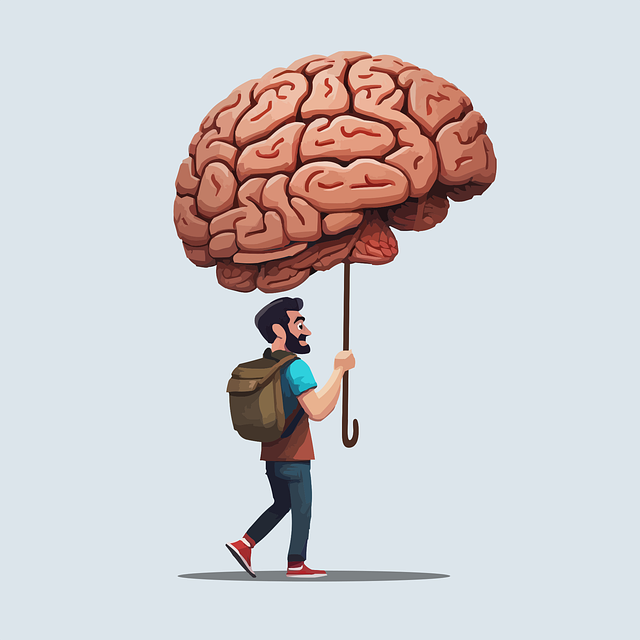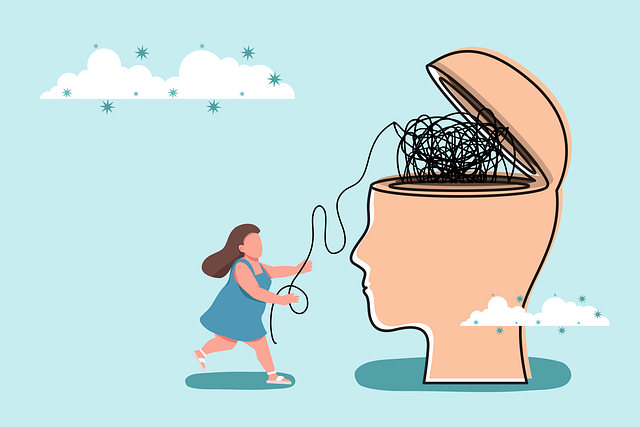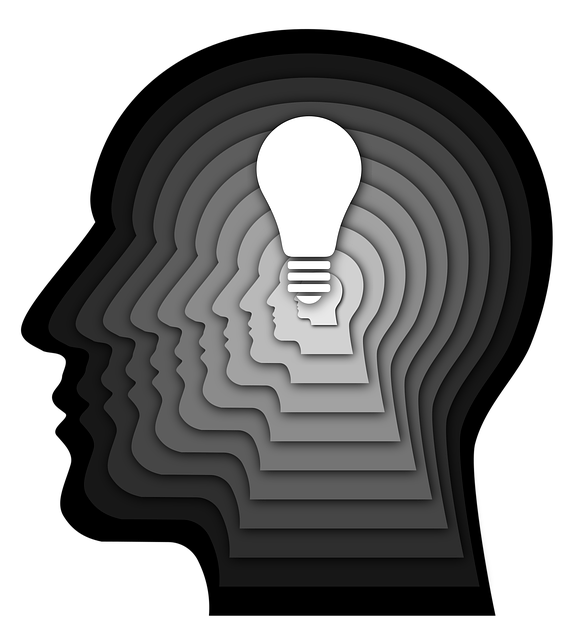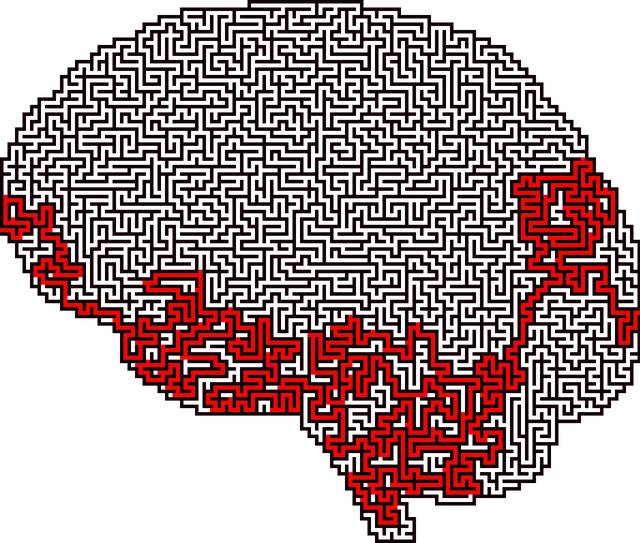Northglenn Depression Therapy offers professional-facilitated mental wellness groups that combat isolation, provide peer support, and teach coping strategies. Through active listening, structured yet flexible agenda-setting, rapport building, empathy, and diverse engagement techniques, these sessions enhance emotional intelligence, improve life challenge navigation, and boost overall mental wellness. Public awareness campaigns destigmatize depression, encouraging individuals to seek and engage with Northglenn Depression Therapy.
Mental wellness groups offer a powerful support system, fostering resilience through shared experiences. This article explores the benefits of such groups and delves into key facilitation techniques for optimal group therapy sessions in Northglenn. From understanding group dynamics to practical tips, learn how facilitators can create a safe space encouraging open dialogue and personal growth. Discover strategies tailored for Northglenn Depression Therapy, enhancing the therapeutic journey and promoting mental wellness within the community.
- Understanding Mental Wellness Groups and Their Benefits
- Key Techniques for Facilitating Group Therapy Sessions
- Practical Tips for Effective Northglenn Depression Therapy Facilitation
Understanding Mental Wellness Groups and Their Benefits

Mental wellness groups offer a supportive space for individuals dealing with similar challenges to come together and share their experiences. Facilitated by trained professionals, like those found in Northglenn Depression Therapy, these groups provide a sense of community, reducing feelings of isolation often associated with mental health struggles. Participants benefit from peer support, learning coping strategies from one another, and gaining insights into managing their conditions effectively.
The advantages extend beyond the immediate group setting. Regular participation in such programs, including Mental Wellness Coaching Programs Development and Community Outreach Program Implementation, can foster emotional intelligence—the ability to recognize and manage emotions, both one’s own and others’. This enhanced emotional awareness empowers individuals to navigate life’s challenges more adaptively, ultimately improving their overall mental wellness.
Key Techniques for Facilitating Group Therapy Sessions

In facilitating group therapy sessions, especially in a setting like Northglenn Depression Therapy, certain key techniques prove invaluable for fostering an environment that supports emotional healing processes and inner strength development. One such technique is active listening, where facilitators pay close attention to each participant’s experiences and emotions, validating their feelings and encouraging them to express themselves openly. This not only helps individuals feel heard but also promotes a sense of community within the group.
Another powerful method is structured yet flexible agenda-setting. Facilitators should outline a clear framework for each session, addressing specific themes relevant to mental wellness. However, they must also be adept at adapting the agenda based on the needs and interests of the group. This dynamic approach ensures that discussions remain engaging and tailored to the collective journey towards emotional well-being, enhancing the overall effectiveness of Northglenn Depression Therapy sessions.
Practical Tips for Effective Northglenn Depression Therapy Facilitation

Facilitating Northglenn depression therapy requires a thoughtful and strategic approach to create a safe, supportive environment that encourages open communication. Start by building a strong rapport with group members, fostering trust through active listening and empathy. Encourage participants to share their experiences in a non-judgmental space, using open-ended questions to prompt dialogue. Incorporate diverse engagement techniques like role-playing scenarios or guided meditations tailored to the group’s needs.
For effective depression therapy facilitation, it’s crucial to adapt your approach based on individual preferences and cultural backgrounds. Implement communication strategies that bridge any perceived barriers, such as providing clear explanations in plain language or offering translation services when needed. Additionally, integrating burnout prevention strategies for healthcare providers can enhance both their well-being and the quality of care they deliver within these groups. Public awareness campaigns development around mental health issues can also help destigmatize depression, making it easier for participants to seek and engage in therapy.
Mental wellness group facilitation plays a pivotal role in supporting individuals dealing with challenges like Northglenn Depression Therapy. By employing key techniques outlined in this article, facilitators can create safe and supportive environments that foster meaningful connections and encourage personal growth. Through practical tips tailored to Northglenn Depression Therapy, facilitators can enhance their skills, ultimately enhancing the therapeutic experience for group members.














